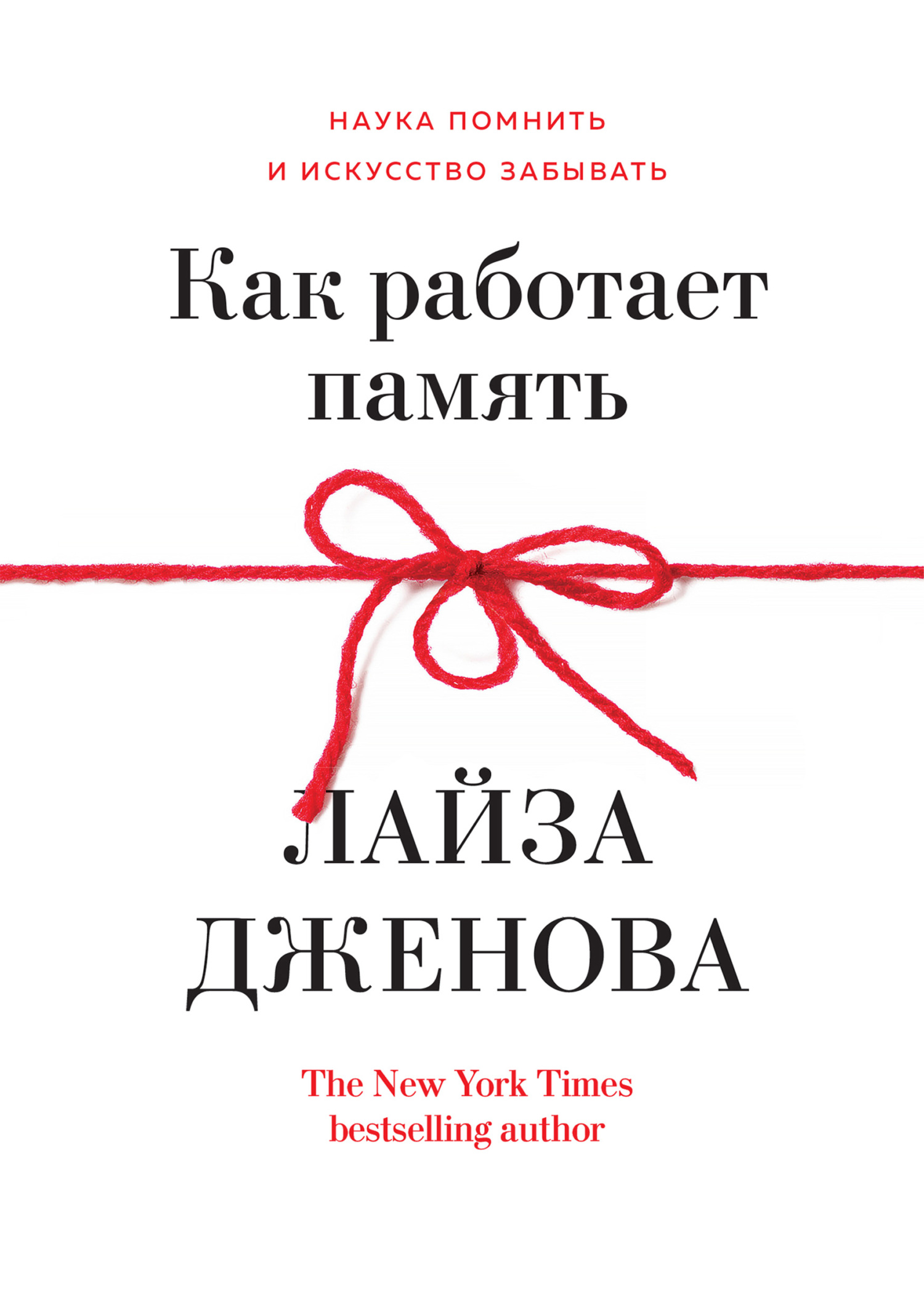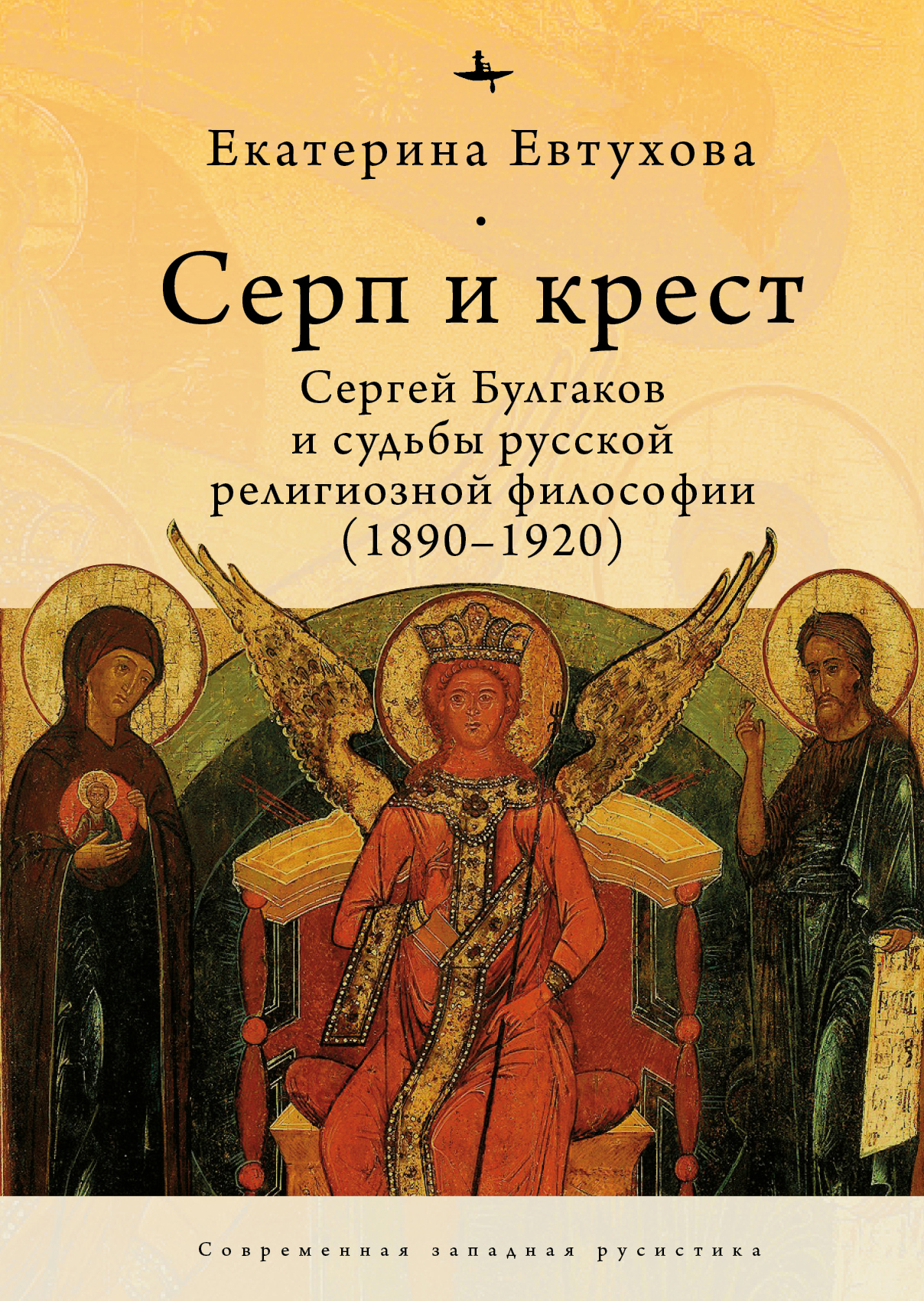Шрифт:
Закладка:
Увлекательное исследование особенностей человеческой памяти, проведенное нейробиологом из Гарварда, автором бестселлера «Навеки Элис». Из этой книги, права на издание которой приобрели 9 стран, вы узнаете, как формируется память, что происходит с забытыми воспоминаниями (они недоступны лишь временно или стираются навсегда?) и почему одни виды информации хранятся в памяти лишь несколько секунд, а другие – всю жизнь. Вы поймете разницу между нормальной забывчивостью и забывчивостью, вызванной болезнью Альцгеймера, узнаете, как сильно влияют на память смысл, эмоции, сон и контекст. Понимая принципы работы памяти, ее естественные недостатки и потенциальную суперсилу, вы сможете значительно усилить свою способность запоминать, а также меньше волноваться, когда вы что-то забудете. «Каковы наши реальные взаимоотношения с памятью? Как нам относиться к ней? Попробуйте осмыслить глубину парадокса: память – это все и ничто. Ее следует воспринимать серьезно, но относиться к ней легко. Мы можем сформировать обоснованные ожидания и улучшить взаимоотношения со своей памятью. Нам больше не нужно ее бояться. И это может изменить нашу жизнь». (Лайза Дженова)





